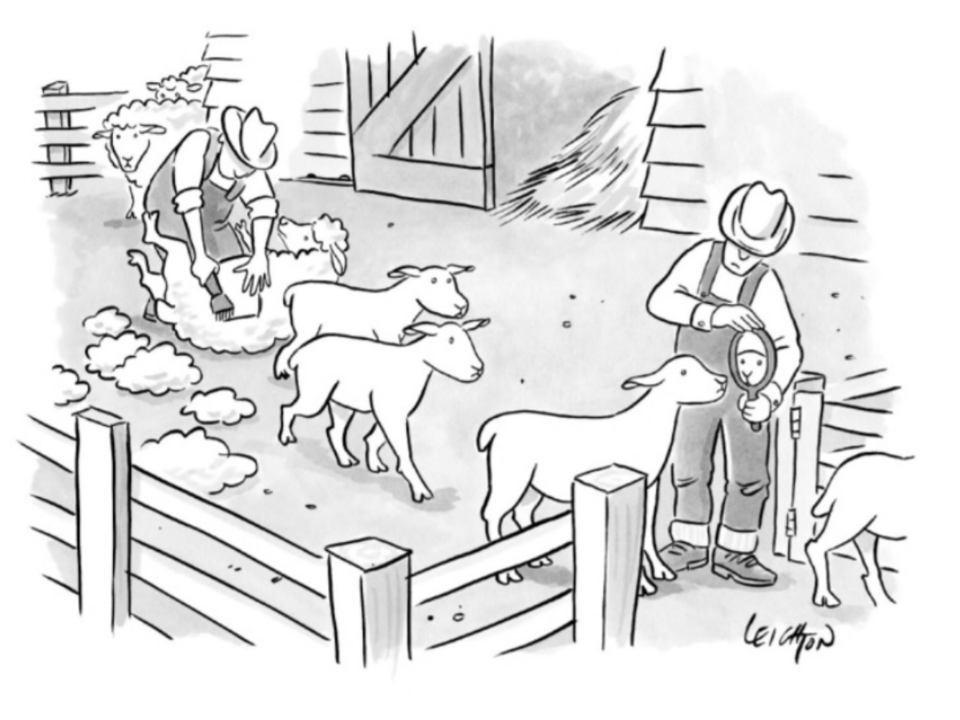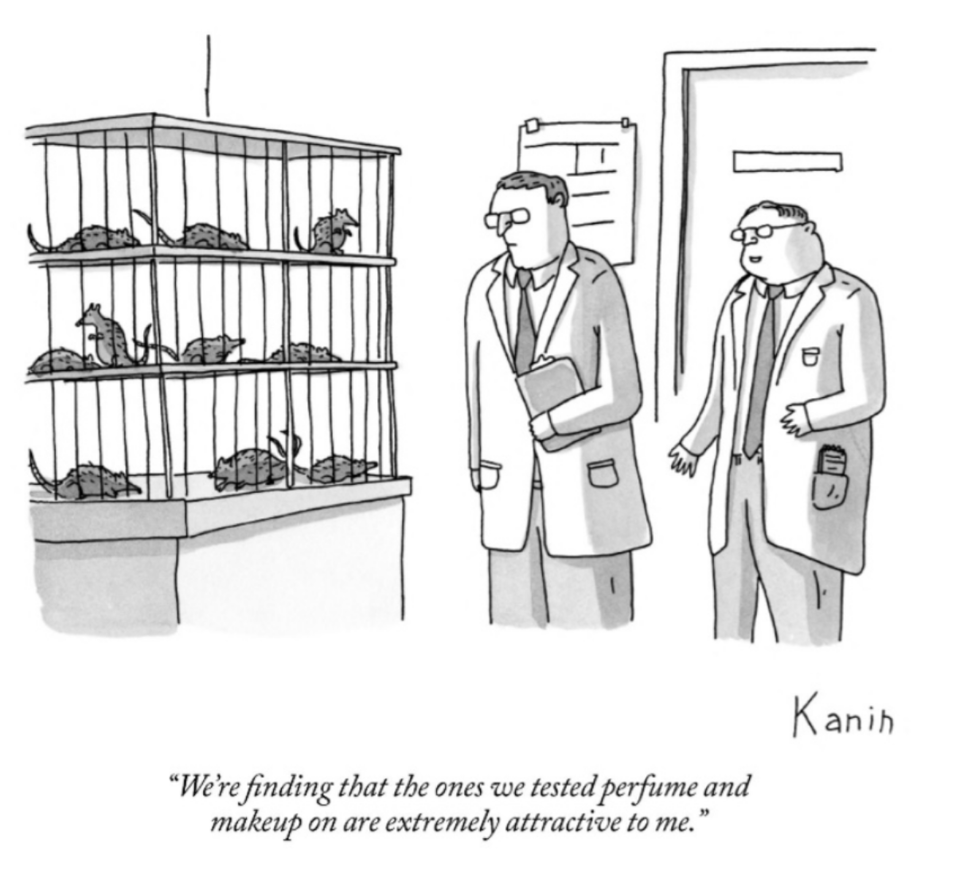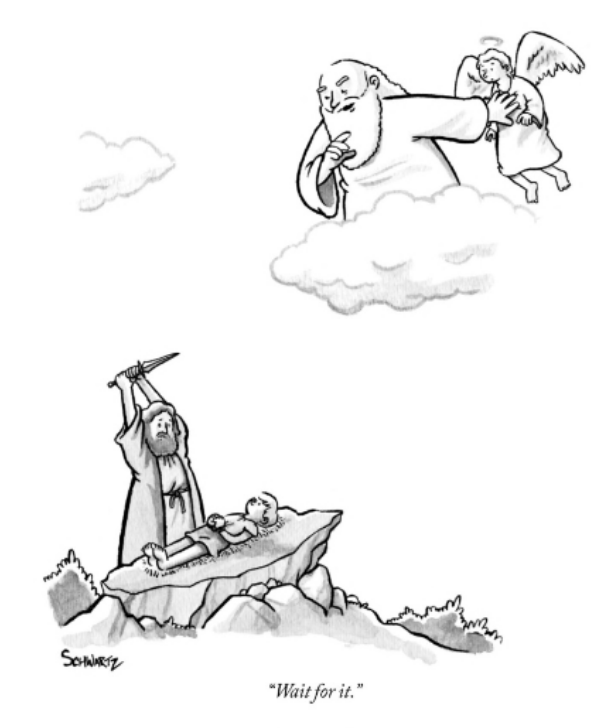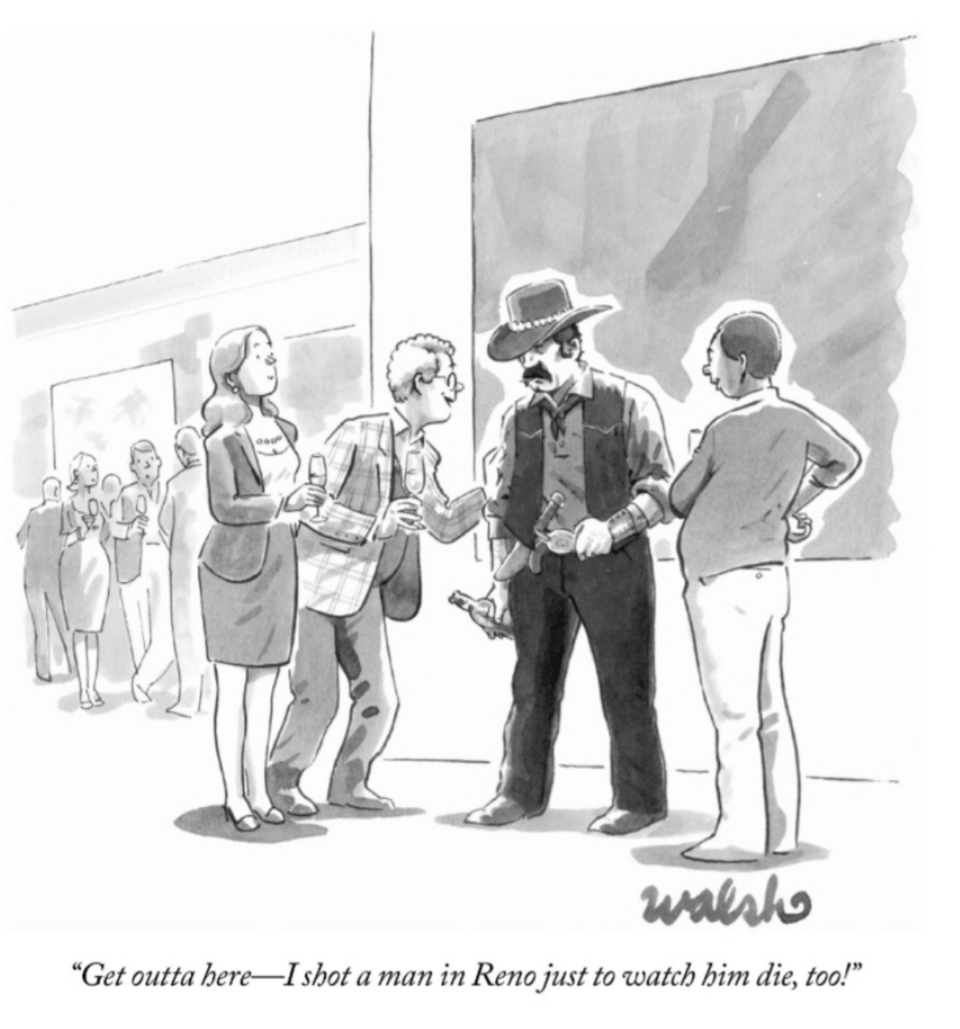The Cartoon & Poem Supplement
The Cartoon & Poem Supplement
"Relax,"
This one’s free for everyone! Enjoy!
Poems:
“Homage to Willie Mays” by Larry Levis: Levis is long passed; this is a newly released poem from an upcoming (though not till 2026!) collection. Here, the slightly comical image of a poet attending baseball games just because they’re a good place to get work done is given a serious, though not self-serious, treatment. It’s smoky and elegant, plainspoken and punchy. In the present, when we know the circumstances of Levis’ death, the reference to liking, “in those days, drugs” fairly overwhelms. Maybe there’s something slightly unearned in comparing the “sweet dignity” of Mays’ swing, a dignity which was hard-earned and tied directly to his race, with the liberation Levis finds in watching him. But I like that it’s a poem about, in the end, not writing a poem. So much remains unfinished.
“The World” by Jorie Graham: This feels, at least at first, like the polar opposite of Levis’ poem – which isn’t usually how things are programmed around here. I don’t mind it, though. This is a rhythmic, ecstatic, nearly slammy effort from Graham, but without the obviation of ambiguity that usually turns me off that sort of thing. I think this is about the thin boundary between the self and the world, and all the ways we set off that tripwire just by existing and interacting with one another. But it’s also about death, and about violence – and, too, about repetition compulsion writ large, the way the individual tendency shapes cultures. That’s what I see. But one could probably read against this and find lots of evidence. What can’t be argued against is the fervent pulse of Graham’s language (especially her phenomenal enjambment) and the way it grabs hold.
Cartoons:
Here's where to find the cartoons, with credits, in order.
Cover: Not a bad central idea but all the set-dressing spoils it. The farmer pulling a face is especially bad, but even the realistic farmhouse takes away from what’s really a sketch concept, not a cover idea. It’s also just odd to see so much depth of field drawn in a panel-cartoon style.
Pg. 9: More elegant than funny, but hard to take issue with.
Pg. 15: Kinda relatable, which because I’m broken means I find it especially un-funny.
Pg. 16: Pretty wonderful. Some might prefer just “Chess for the conflict-averse”, which does mean much the same thing, but for once I think the slightly drawn-out phrasing is funnier; it reflects how someone might ask for the thing.
Pg. 21: Two possible interpretations of this: 1. Men hate things for their own private (avoidant) reasons while women hate things for (anxious) reasons they’re happy to articulate. 2. The word “Grunch” is sorta funny and Chast worked backward from there without thinking too hard. In either case, no dice for me.
Pg. 27: Great frog drawing; imagining any relationship between him and Monet is inherently funny, and the caption gets us there as quickly as possible. Close race, but my gut says this is Best of the Week.
Pg. 28: Kinda surprised they still have Koren panels in the pipeline. Maybe they didn’t want to run this too soon after his passing.
Pg. 31: Is this meant to be a plane or a very large boat? I guess it’s a plane because it doesn’t have a big wheel in the center? Hmm, but is that actually still a thing or just an icon? Doesn’t it make more sense for a ship to be seeing this guy, though? None of this matters, I was just more interested in thinking about it than in the joke.
Pg. 34: Not sure if this is aiming for the current slang meaning of “era”, but if so it should really be “Your Rock God era”.
Pg. 45: Imagine if instead of fairy tales laundering tired gender roles for your impressionable children, fairy tales laundered tired gender roles for your impressionable children! Wait…
Pg. 48: Pretty zany, but Maureen is a great name.
Pg. 55: Good tired-child caveman. Probably don’t need the meat spit and turkey leg for this to “read”, but whatever.
Pg. 56: Good caption; hero of a drawing. “Old wolf” is deceptively tricky, “sad party” isn’t much easier, and “regular-person wolves looking weary and dismayed” caps it off. Kanin nails all three.
Pg. 61: Might work better if there was some visual connection to “weaning”, but it’s not bad. Readers will not be surprised to learn that I firmly support the baby revolution.
10 Years Ago Today




speak what we feel
Add a comment: